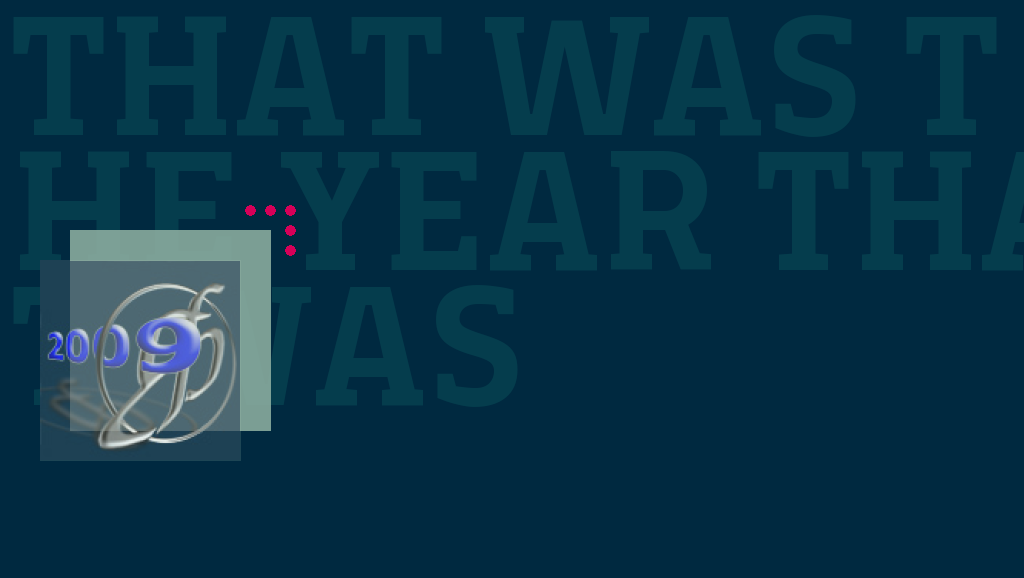2009 was a busy year for the foundation. The following review aims at giving the reader an overview of the foundation’s work by looking at its involvement in conferences, seminars, publications, education and the promotion of debate throughout the year.
In February the foundation promoted a conference entitled Neuroetica. Le scienze del cervello e il loro impatto sulla società (Neuroethics. Brain science and its impact upon society) at The University of Padova in Italy. One of the issues addressed at the conference was the problem of the now commonplace use of cognitive enhancement medication by healthy users in order to improve their mental performance. Speakers came from Universities throughout Italy and the conference was extremely well attended. In his address Foundation President Piero Bassetti addressed the problem of responsibility in innovation redefining the distinct roles that scientists, businessmen and politicians must play in the promotion and governance of scientific and technological progress.
March saw the presentation of a new Bassetti Foundation book edited by Giuseppe Pellegrini entitled “Technoscientific Innovation. Responsibility and New Models of Democracy in Science and Society relationship”. The book addresses the problems of the pace and all pervading nature of techno-scientific innovation and its products, the questions that they pose for politicians and the main issues concerning the relation between innovation and governance, considering both the limits and potentials of new approaches.
A fruitful and interesting discussion between the Foundation President and the discussants present followed the presentation.
June saw the Foundation, the Chamber of Commerce of Lodi and the Parco Tecnologico Padano jointly promote a seminar entitled “Governo territoriale dell’innovazione e sviluppo locale” (Territorial government of local innovation and development) held in Lodi, Italy. The aim of this seminar was to discuss how participative politics in the governance of innovative technoscientific processes is not only the domain of the Anglo-saxon world, through a presentation of initiatives within the Lombardy region. The proceedings were transmitted live via Internet, and a video of the proceedings is available via the Foundation website containing the interventions and presentations delivered by all the speakers present.
In July the foundation participated in and sponsored the 13th International intensive Course in Bioethics entitled Humanizing Tomorrows Biomedicine that took place in Udine, Italy. The afternoon session was entitled Ethics and Innovation, and Jeff Ubois and Cristina Grasseni of the foundation were both present as speakers.
Jeff Ubois gave a presentation entitled Bioethics and the Media and Cristina Grasseni closed the session with an intervention entitled The Giannino Bassetti Foundation and Bioethics.
In September Jeff Ubois was in Chicago on behalf of the foundation for the Ethnographic Praxis in Industry Conference (EPIC 2009). Ubois presented part of a sponsored study of local news, media, and innovation conducted with Yahoo! Research that addresses the problem of the collapse in the US newspaper industry due to innovations from outside the business. The study is an attempt to identify innovations by news readers and opportunities for publishers to either use existing innovations, or create new ones.
In October a conference was held here at the Bassetti Foundation entitled The Network Society, Business, Innovation and Responsibility. Organized in conjunction with PDMA and Europe in my Region, chaired by President Piero Bassetti and made up of eight, twenty-minute presentations and an hour-long debate, the conference was streamed live via Internet and video recordings of the proceedings are available through the foundation website, as well as a summary of all the presentations made.
December saw Piero Bassetti, Cristina Grasseni and Jeff Ubois participate in a FGB co-sponsored meeting entitled “The Challenges of Innovation: Insights from STS, the Social Sciences, and Bioethics”, at The Hastings Center for Bioethics in Garrison (New York). The meeting brought together eminent scholars from bioethics and the social sciences to explore their differing perspectives on innovation, on what their particular community brings in the way of insights and analytic strengths, and on what they perceive to be the barriers to more fruitful cross-disciplinary collaboration and communication.
2009 also brought a communications revolution to the foundation, with its opening up to the world of social networking. The Bassetti Foundation is now represented on Facebook, LinkedIn, Twitter, Vimeo, Slideshare and Issuu. The aims of this move are the following: firstly to give our long term readership the opportunity to meet each other and develop a dialogue, and secondly to bring the arguments that are close to the heart of the Bassetti Foundation to the most active virtual discussion rooms on the web.
The year also saw the foundation award a scholarship to a doctorate student of the European School for Molecular Medicine (SEMM) at the University of Milan. Margarete Curnutte, supervised by Prof. Giuseppe Testa, will follow a year-long training period in the Program on Science, Technology & Society at the Harvard Kennedy School under the supervision of Professor Sheila Jasanoff. The doctoral research project focuses on biomedical gene technologies and especially direct-to-customer genetic testing.
The foundation has also agreed to cooperate with the Science and Technology Studies (STS) Program at the Harvard Kennedy School of Government on a project involving on line publications on STS and Responsible Innovation. The Bassetti Foundation will cooperate with the STS Program on a five-year pilot project to develop both publications and human resources in areas of common interest to the two institutions. The first fruits of this cooperation will be the publication of a series of short reports in pamphlet format by the Science and Democracy Network, coordinated at Harvard University by prof. Sheila Jasanoff.
















